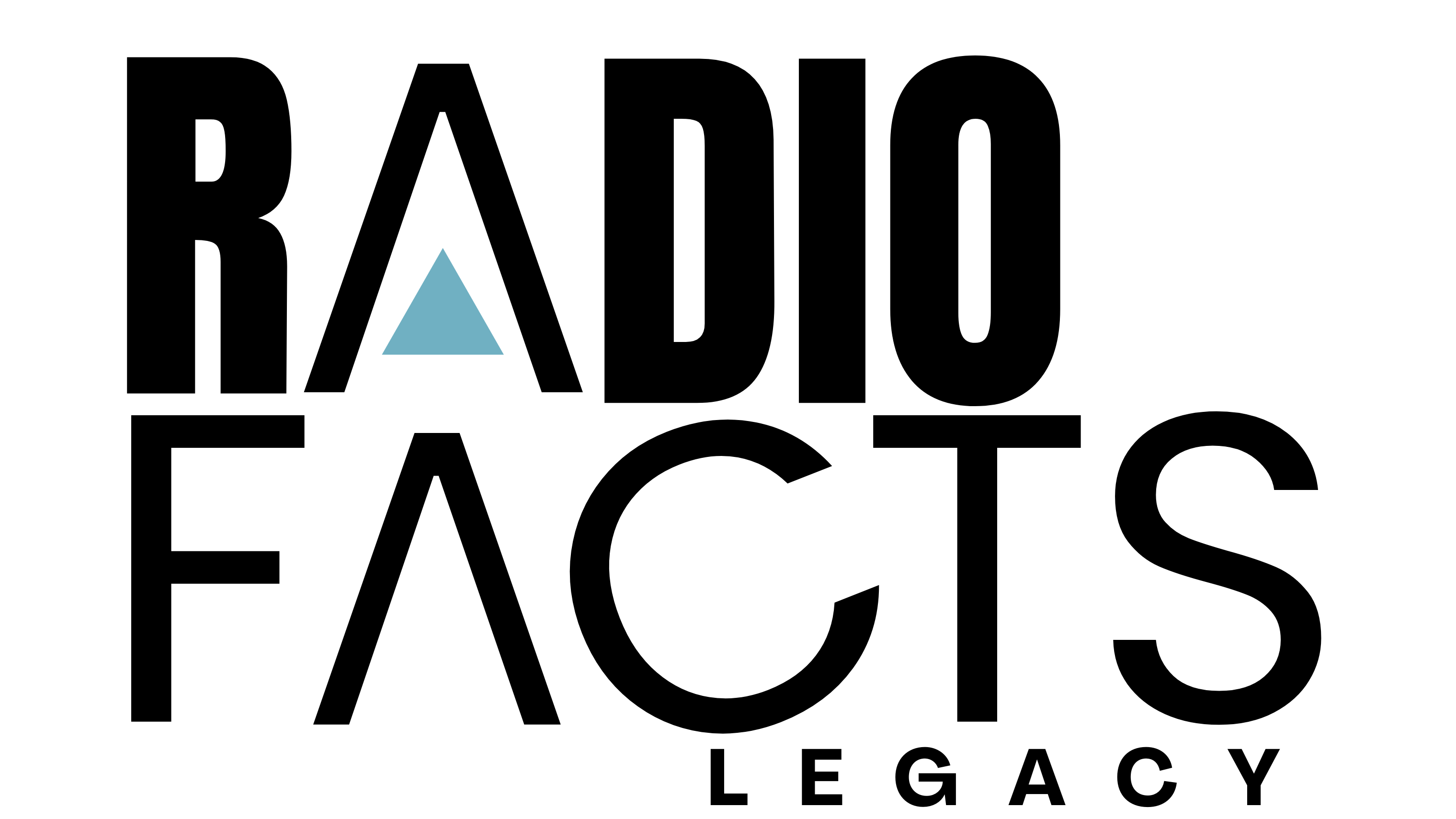Radio’s Resilience: Navigating the Changing Landscape of the Industry
In the wake of the past few years’ digital disruption, the radio industry has faced its share of challenges. One of the industry’s notable figures, Elroy Smith, has been featured in the Philadelphia Enquirer, sharing his insights about the state of radio amidst these changes. Though radio has seen a dip in advertising revenue and a slight decline in listenership, Smith and others in the industry are looking beyond the static of hard times and embracing the potential of the digital age. The landscape may have changed, but radio’s resilience is evident in the innovative strategies being employed to adapt and thrive. Let’s delve deeper into the progress and challenges the industry has faced in recent years.
The Impact of the Digital Age
The advent of the digital age has led to radio stations streamlining operations and exploring new revenue streams online. However, these efforts are still in their infancy, with radio lagging behind other media industries in monetizing the internet. The Philadelphia radio market, the nation’s eighth-largest, saw a 19% drop in revenue from 2004 to 2008, according to BIA Advisory Services.
Economic Distress and Industry Response
Despite the economic stress and uncertainty, industry leaders like Smith continue to adapt and innovate. Managing multiple stations simultaneously, Smith embodies the industry’s determination to navigate these challenging times. Yet, the strain is real, with the financial distress of major players like Clear Channel Communications and CBS Corp. further highlighting the industry’s struggles.
Looking Ahead
In light of these challenges, the industry continues to push forward, with experts like BIA’s Kip Cassino acknowledging that while the current state is tough, the industry’s resilience is notable. As the industry continues to adapt to the digital landscape, there is hope for a rebound in the coming years.
Despite recent losses, Radio One’s president and CEO, Alfred C. Liggins III, remains optimistic about the future, noting that while the second quarter of 2020 may continue to be challenging, the company is focused on strategic initiatives to ensure its continued success.
#RadioResilience #DigitalDisruption #RadioIndustry #AdaptAndThrive #MusicEvents














When the biggest advertisers go out of business, the dominoes will naturally fall.
GM has long been a huge advertiser of all formats of radio (and everything else), American Airlines is another example of a company who’s brand was everywhere. Those are just two examples of millions of dollars taken off the table. When iHeartmedia (formerly Clear Channel), Cox, Cumulus, CBS, Citadel, etc. are in trouble, you know it’s even worse for Radio One! Black businesses are always the first to feel the worst affects of a recession. At least this time it’s not “a Black thing”, it’s an economy thing! The strong will survive though, and they may just be the mom-n-pop operations with the already streamlined budgets…
if it were just the economy it would be simple, but radio stocks have been declining most of this decade, the 96 telecomunications act turned radio into corporate goliaths, dictating the boogie to the listener, many in the urban/black radio/music industry are in panic because reality has set in, just one thing though wall street forgot to tell cathy hughes and the others is that when you base ur business on borrowing and ur busniess is hurting you accumulate debt, it remains to be seen if the corp radio owners will survive this, but if they do, black radio, better start being innovative again and not following to stay afloat, and that includes business ideaology aswell.